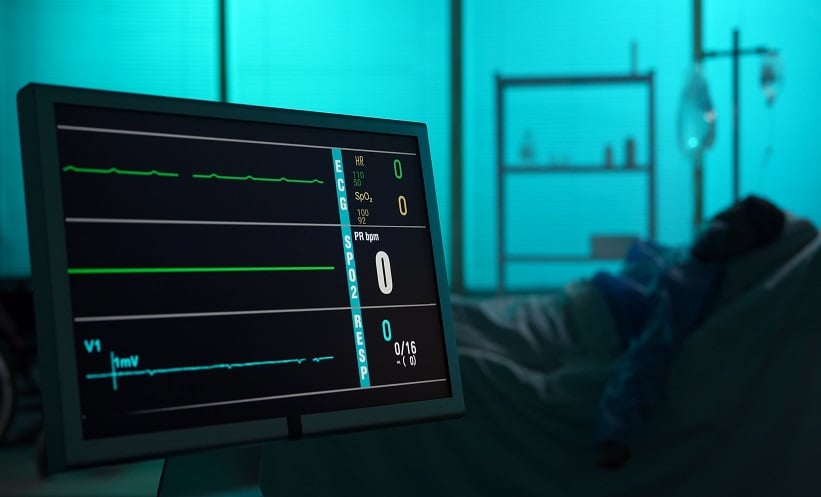ACCORDING to a recent study led by Joshua Arbesman, MD, from the Cleveland Clinic, genes may play a significantly larger role in melanoma risk than previously believed. Traditionally, it has been accepted that only 2-2.5% of melanoma cases can be attributed to genetic factors, despite limited data to support this figure. Given that genetic testing for cancers is typically not conducted where the genetic threshold falls below 5%, these new findings suggest that genetic testing for melanoma—and possibly other cancers considered to be predominantly non-genetic—should be reevaluated.
Arbesman and colleagues analysed 400 individuals with a diagnosis and family history of melanoma between 2017-2020. Subjects within this cohort underwent germline testing of over 80 cancer-associated genes (germline pathogenic/likely pathogenic [P/LP] variants). Comparative analysis of germline data from international patient databases was, equally, conducted on three validation cohorts.
Of the study participants, P/LP variants were observed in 61 subjects (15.3%). The majority of these variants (67%) were considered to be unrelated to melanoma: namely, BLM, BRIP1, CHEK2, MLH1, MSH2, PMS2 and RAD51C. A third (33%) of the variants identified had been previously linked to familial melanoma (BAP1, BRCA2, CDKN2A, MITF, TP53). Furthermore, almost half (46.9%) of the variants were found to be homologous repair deficiency genes.
Dr Arbesman emphasised the importance of these findings for advancing genetic testing and increasing healthcare professionals’ awareness of their patients’ cancer risk, saying “I would recommend physicians and insurance companies expand their criteria when it comes to offering genetic testing to individuals with family histories of melanoma, because inherited predisposition to it isn’t nearly as rare as we think it is.”
To build on these findings, Arbesman and his team have extended their research to analyse specific P/LP variants identified in this preliminary study. This includes investigating the impact of these variants on prognosis, particularly concerning disease progression and severity.
Reference
Arbesman et al. Germline cancer susceptibility in individuals with melanoma. J Am Acad Dermatol. 2024. 20:S0190-9622(24)00504-8. doi: 10.1016/j.jaad.2023.11.070.








